Mr. Duong Ngoc Ve carefully keeps the medals, certificates from his years participating in the resistance war. |
Mr. Ve and his wife's house is nestled in a quiet alley of Cau Gao residential group. On the old wall, Uncle Ho's portrait and certificates of merit and medals are neatly pasted by him like priceless assets of his life. He said, I feel happier and luckier than many of my comrades to have survived and returned.
In 1966, while studying at Luong Ngoc Quyen High School, he joined the local militia, coordinating with army units, carrying ammunition, providing first aid and shooting down American aircraft in the area. The first time he joined, he received the 5/8 Victory Badge (a souvenir from the Ministry of National Defense given to officers, soldiers, workers, and armed forces who directly fought and served in combat against American aircraft and warships on August 2 and 5, 1964). And soon after, he was admitted to the group.
In July 1967, at the age of 18, Mr. Duong Ngoc Ve officially enlisted in the army, assigned to Regiment 246, Viet Bac Military Region (now Military Region 1). On the 25th of Tet Mau Than 1968, when everywhere was bustling to welcome spring, he and his comrades set off for Thanh Hoa and Quang Tri. That was the beginning of a three-month march, crossing forests and wading through streams to participate in the Route 9 - Khe Sanh Campaign.
“At that time, I was the youngest in the group, only 18 years old, weighing 41kg. Meanwhile, carrying military equipment, the cannon barrel weighed 45kg, heavier than my body” - he humorously recalled. Truong Son was full of red soil, the morning was bitterly cold, the afternoon was scorching under the scorching sun. Meals were just rice balls, hasty sleep on hammocks hung temporarily in the middle of the jungle, but no one was shaken, we just wanted to be at the front in time, in time to open fire”.
Khe Sanh battlefield at that time was an important strategic fulcrum of the US, reinforced by a dense system of fortifications, modern equipment, and fierce air and artillery firepower. Our troops applied the tactic of "surrounding and destroying", mainly fighting the enemy outside the fortifications.
Mr. Duong Ngoc Ve was awarded the title of "Brave American Destroyer" level I, II and Brave Warrior determined to win. |
With a compact, flexible body and shooting skills honed since he was a militiaman in his hometown, Mr. Ve quickly demonstrated his bravery on the battlefield. At Khe Sanh, he fought alongside his comrades in effective battles, causing the enemy to be terrified many times. In a surprise battle at the South of Ben Hai River, American scouts infiltrated the rear base, using infantry guns, he and his deputy company commander killed dozens of them. After this battle, he was awarded the title of Heroic American Destroyer Level II and was admitted to the Party when he turned 20.
Immediately after the battle, the unit consolidated its forces and continued marching to Thua Thien - Hue. At this time, he was the Captain of the 4th Regiment, Tri Thien Military Region, with the task of training new recruits, participating in the reform of prisoners, and preparing for the final major battle towards Saigon.
On the day the South was completely liberated, he was in Hue. When he heard the news of victory, the whole unit exploded, the sound of guns firing into the air echoed everywhere like Tet fireworks. The lightning-fast victory at the Tri Thien front paved the way for the next wave of attacks, liberating Da Nang, the coastal provinces of the Central region and advancing straight to Saigon, so that by noon on April 30, 1975, the South was completely liberated, the country was reunited.
However, what he remembered most was not how many enemies were destroyed, but the eyes of his comrades who had remained forever in the green forest. He said quietly: Some people were still laughing and talking, but the next minute they were dead. Once, on the march, the American army dropped a coordinate bomb, causing three of my comrades to die. I was in pain and didn't know what to do.
Mr. Duong Ngoc Ve takes care of his family's fruit garden. |
In 1978, he became a military assistant, in charge of the unit's military numbers and weapons. Although the country was unified, hostile forces still did not give up their sabotage ambitions, carried out armed provocations and violated the border. At this time, he and his unit prepared to leave for Laos to carry out economic missions under the direction of the Ministry of National Defense. However, before they could leave, on February 17, 1979, China suddenly attacked the northern border area. He was immediately mobilized to march to Lang Son. Although he was performing military duties, with the spirit of a soldier, he proactively went to the front, continued to fight, and contributed to the common victory.
He recalled that during the war, everyone carried within them the spirit of “First green grass, second red chest”, fighting with the spirit of committing suicide rather than being captured alive by the enemy. Happiness at that time was simple, having food to eat was a joy, having a full night’s sleep was precious. Each person equipped themselves with roasted rice, raw rice, dry food, lighters, knives, cooked their own meals, built their own shelters, and always carried two grenades for self-defense.
With his achievements and bravery, he was awarded the title of Heroic American Destroyer Level I, Level II; Heroic Determined to Win Level III and was honored to receive the Third Class Anti-American Resistance Medal, the First, Second, Third Class Southern Liberation Medal, the Medal for Feat of Arms in Border Protection and International Missions...
After the war ended, he returned to work in Military Region 1. In 1990, he retired and continued to participate in a new front: economic development and homeland construction. He took on the role of Party Cell Secretary, Chairman of the Veterans Association, and Chairman of the Association of Agent Orange Victims of Bach Quang Ward.
On a 4,000m2 piece of land, he reclaimed the land himself, planted fruit trees, dug ponds to raise fish. He actively participated in new rural construction movements and helped his comrades. He said that his time in the army taught him a valuable lesson: discipline, solidarity and never giving up. That is the life of a soldier, as long as we are alive, we will always fight, whether on the battlefield or in everyday life.
Source: https://baothainguyen.vn/xa-hoi/202504/cuu-chien-binh-duong-ngoc-ve-mot-thoi-de-nho-mot-doi-khong-quen-0db0dc5/


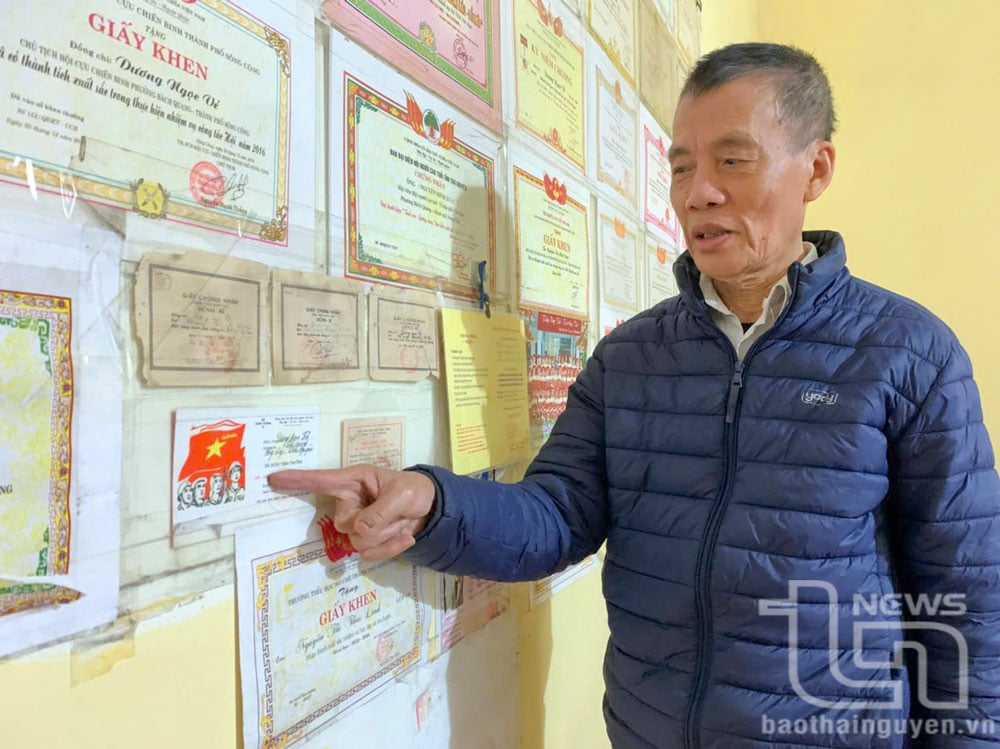
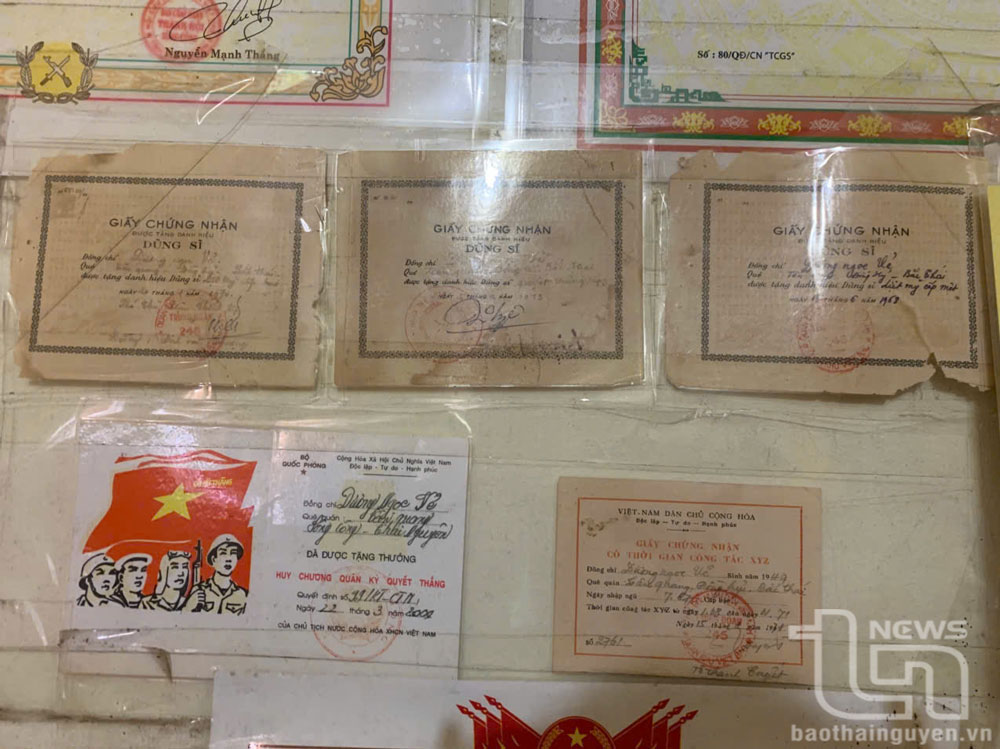
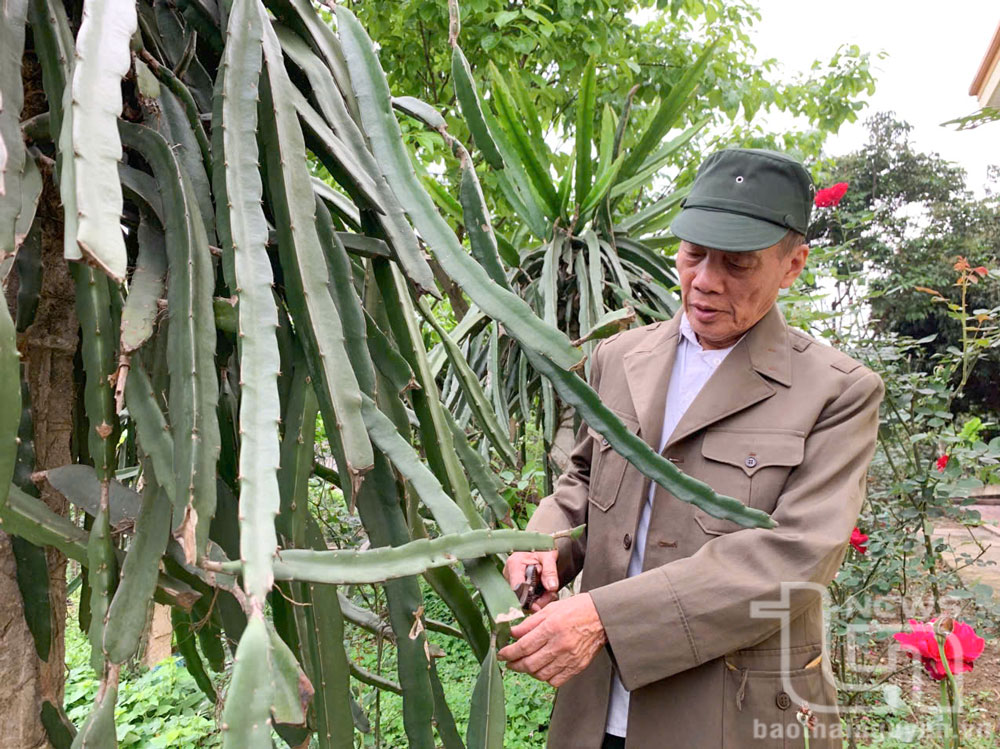

![[Photo] Prime Minister Pham Minh Chinh chairs conference on anti-smuggling, trade fraud, and counterfeit goods](https://vphoto.vietnam.vn/thumb/1200x675/vietnam/resource/IMAGE/2025/5/14/6cd67667e99e4248b7d4f587fd21e37c)




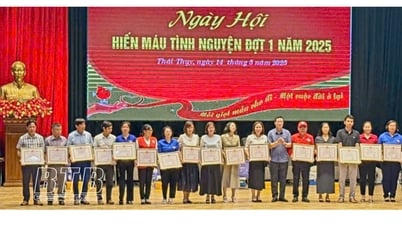
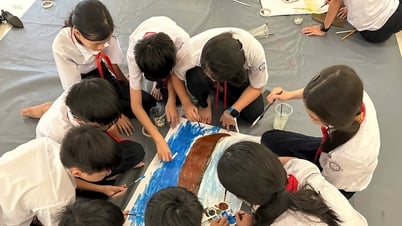
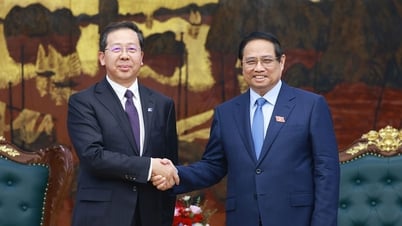
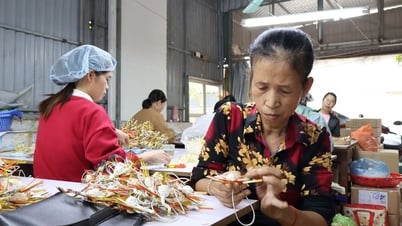
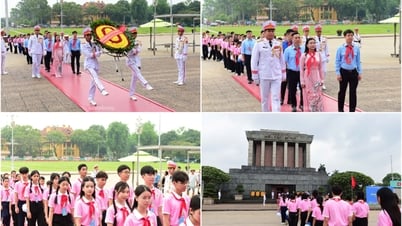





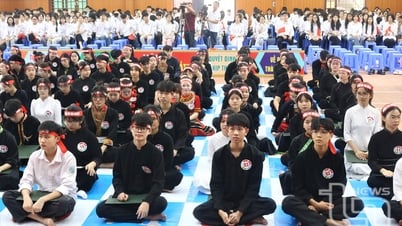
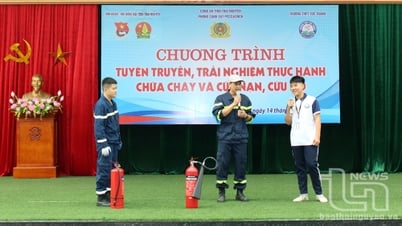
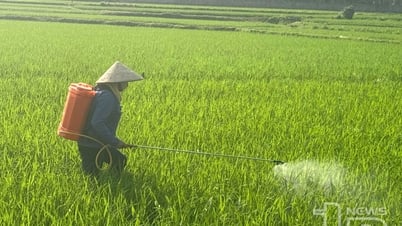
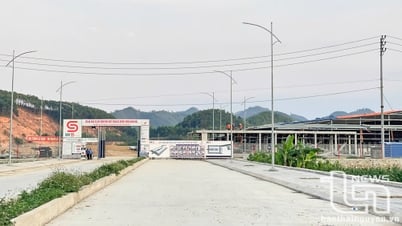
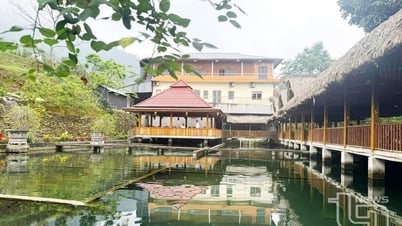
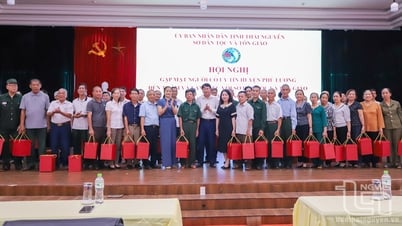






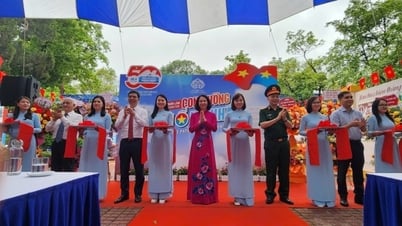

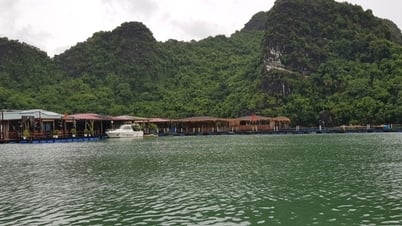









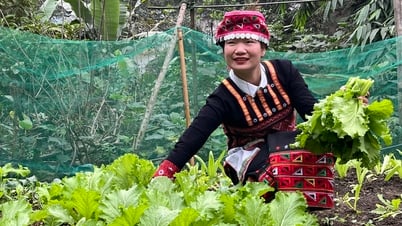

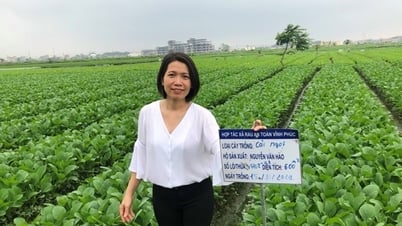

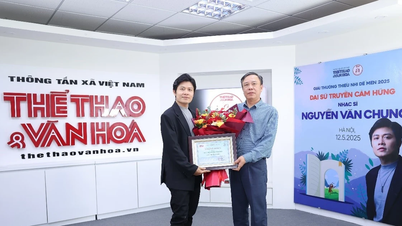

















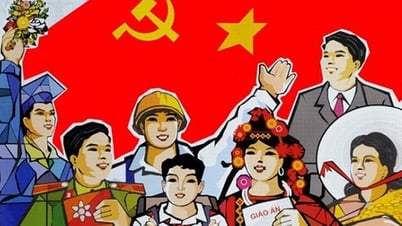

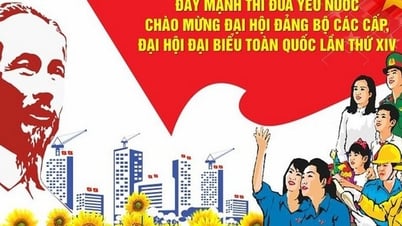
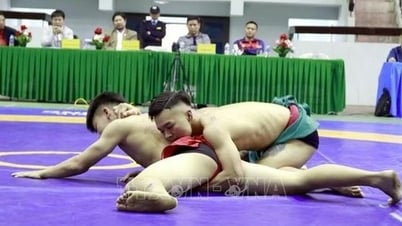
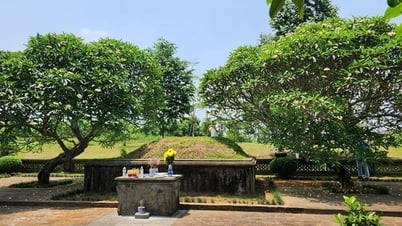
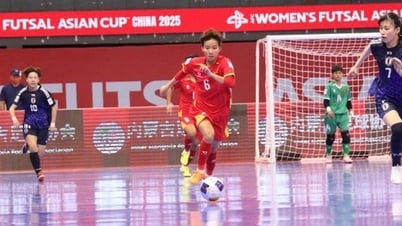
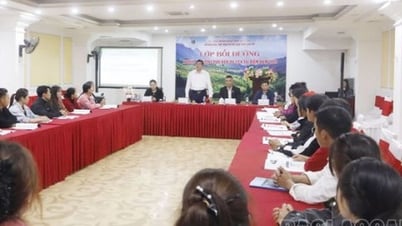
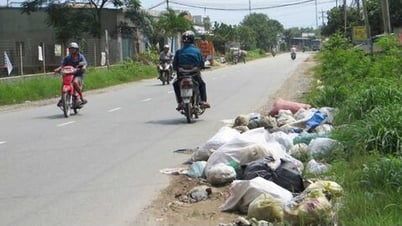

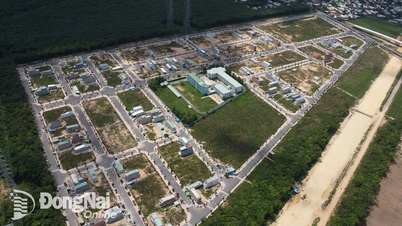

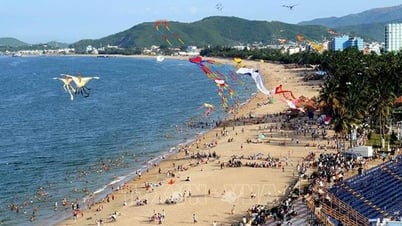


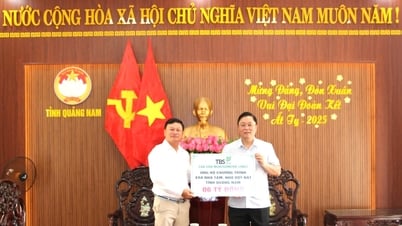

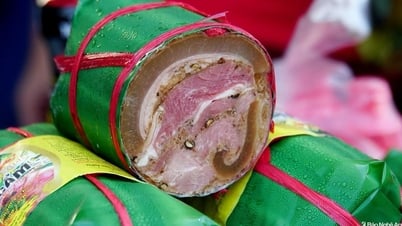








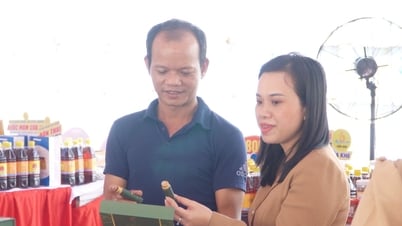
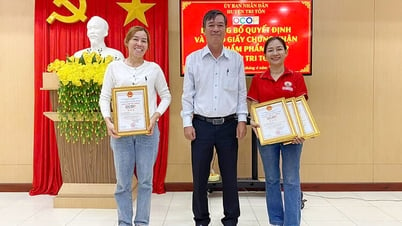
Comment (0)